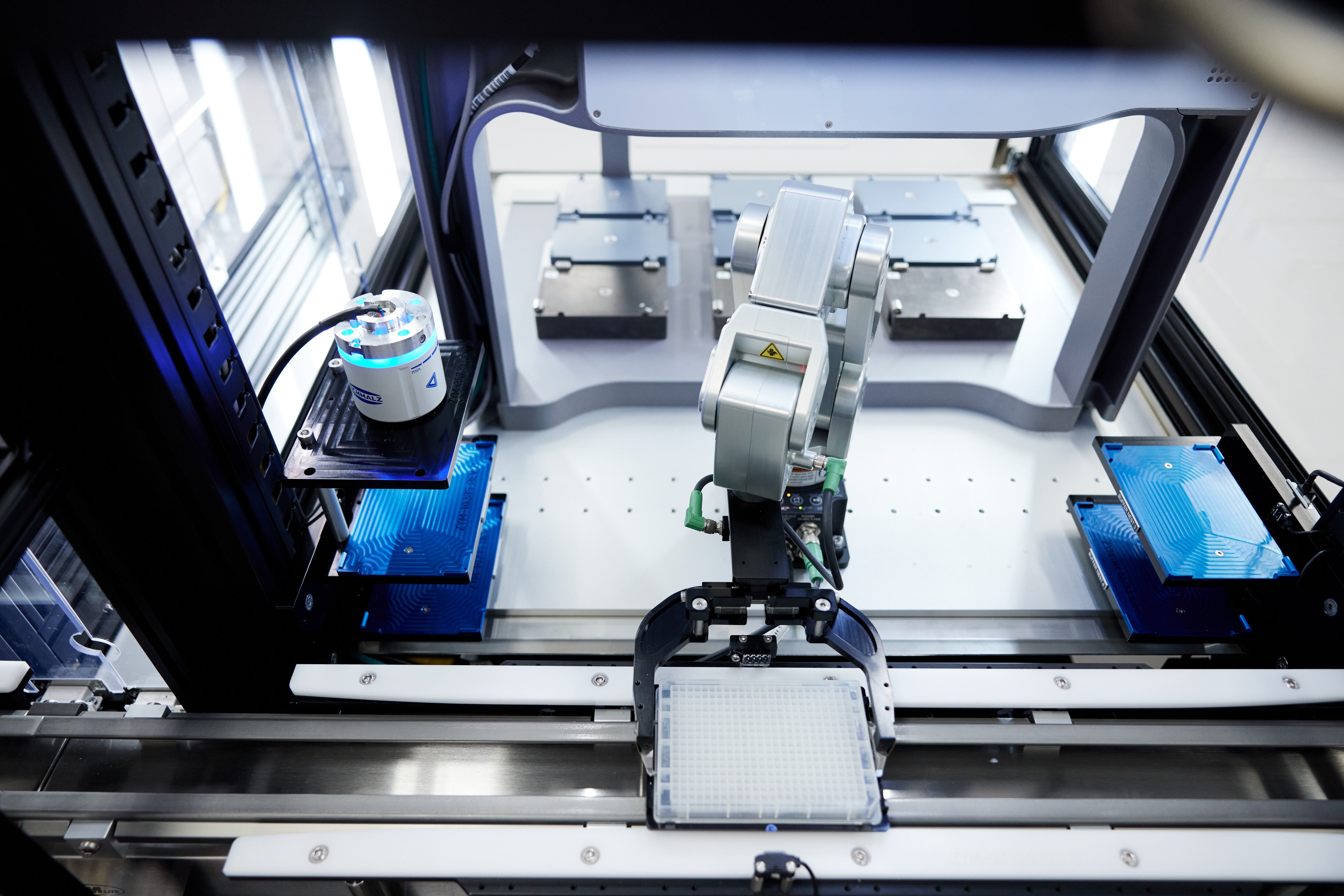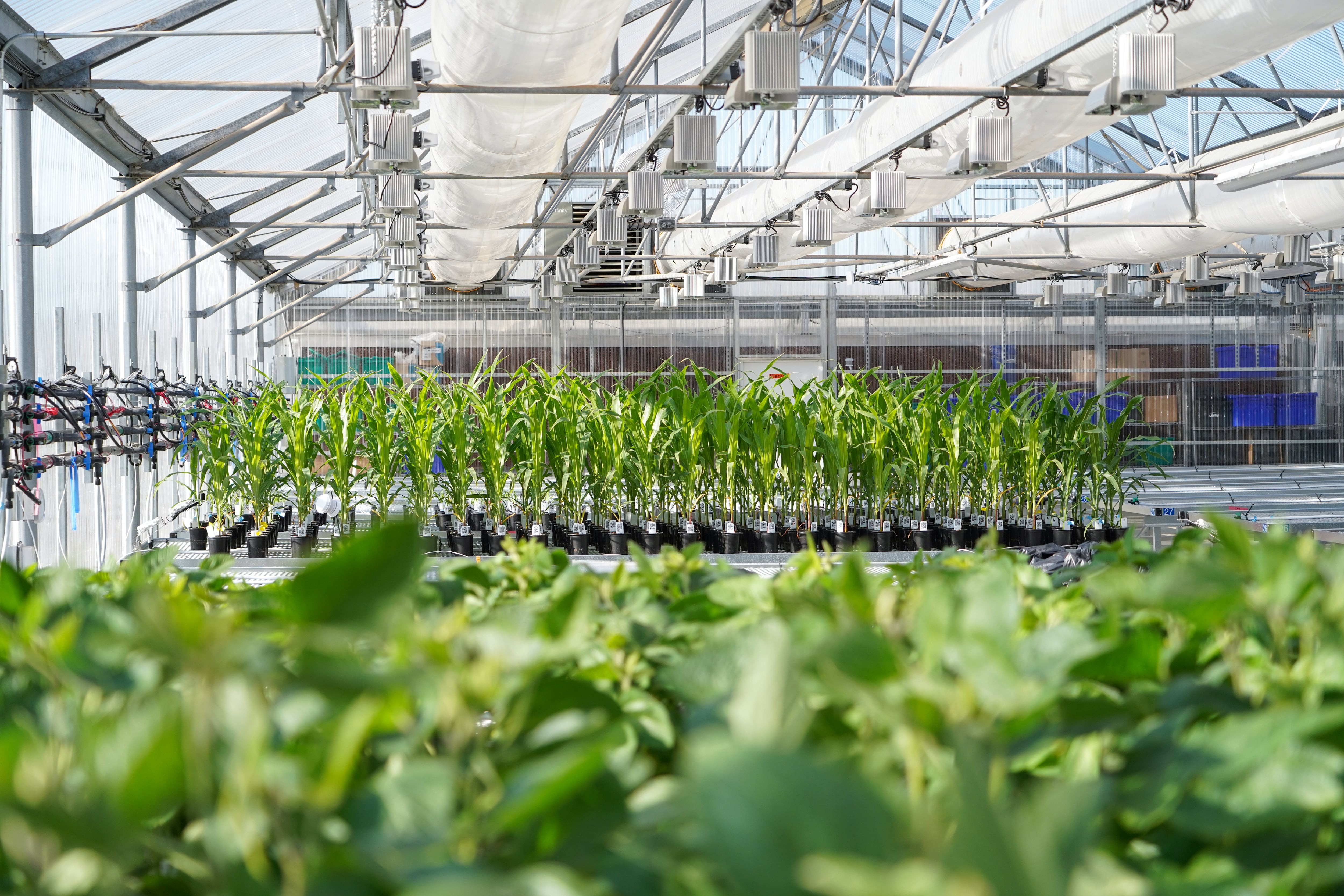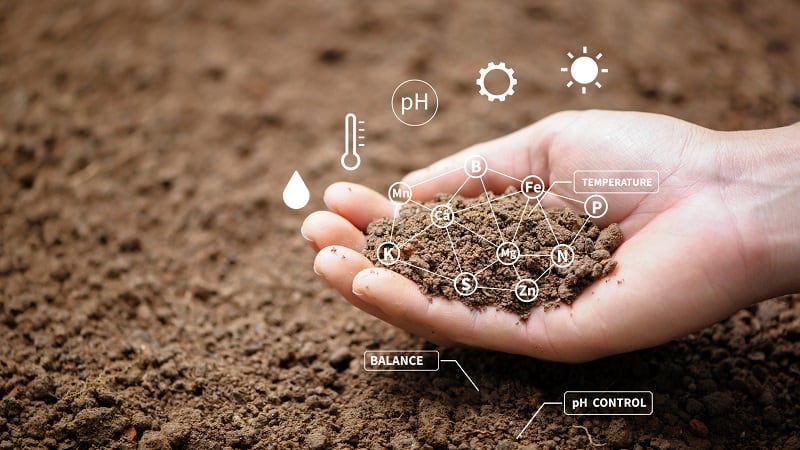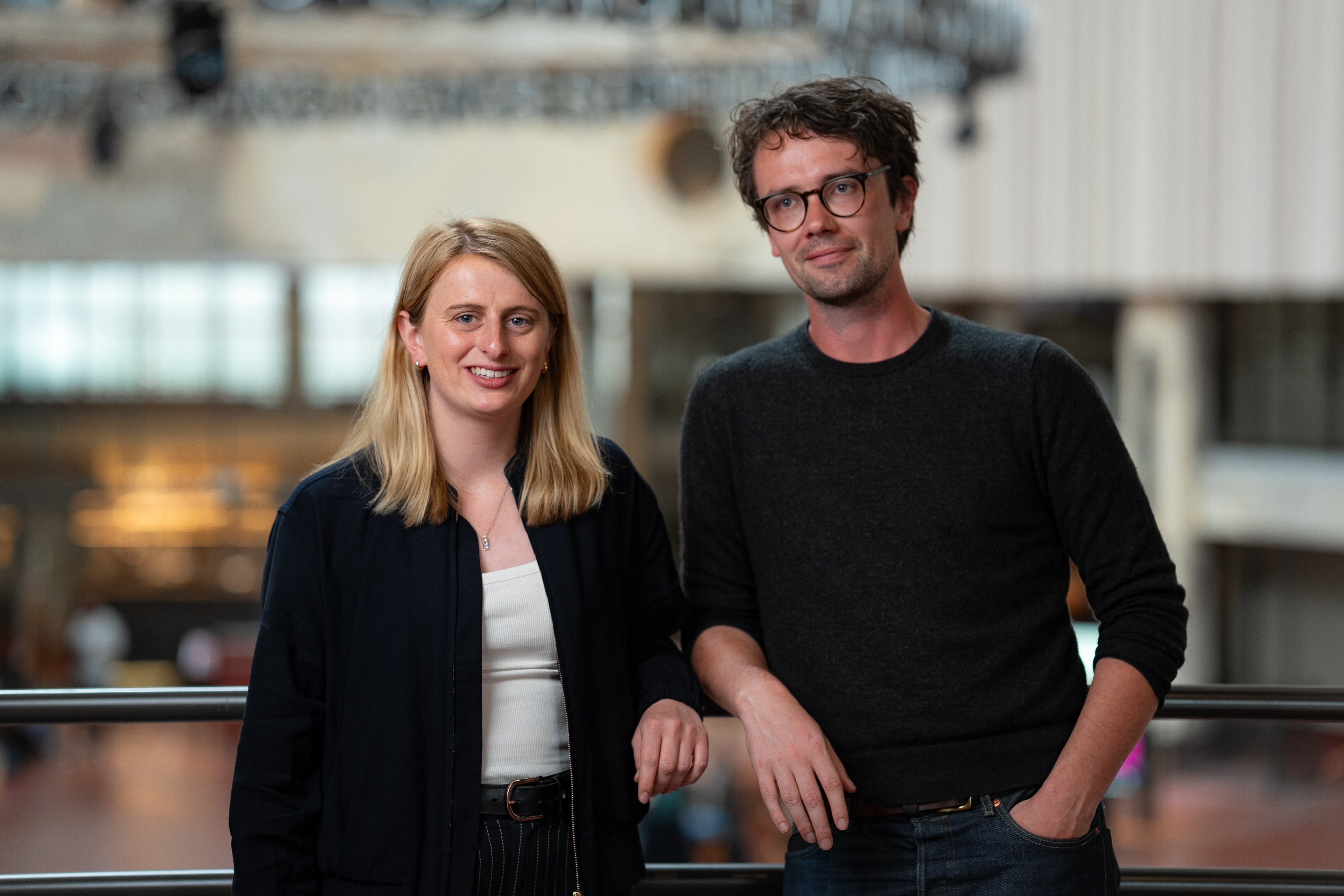Ginkgo Bioworks and Bayer have announced the extension of their multi-year partnership, originally launched in 2017, to accelerate the development of microbial nitrogen fixation technology – potentially reducing the need for synthetic fertilisers. Bayer retains exclusive rights to commercialize any resulting biological products, while Ginkgo continues to focus on R&D and strain development.
The collaboration builds on the assets of Joyn Bio, a joint venture between the two companies that was folded into Ginkgo in 2022, along with Bayer’s West Sacramento biologicals R&D site. The renewed partnership signals growing confidence in Ginkgo’s synthetic biology platform and its ability to deliver field-ready microbial solutions.
Precision engineering meets agronomic complexity
At the heart of Ginkgo’s approach is a sophisticated cell programming platform that integrates genomics, systems biology, and AI to design microbes capable of fixing nitrogen, persisting in soil, and sharing nutrients with plants.
“Continual improvements in automation technology are enabling high-throughput R&D,” said Michael Miille, PhD, general manager of Ginkgo’s Agriculture Business Unit. This allows the company “to rapidly explore many variables and stack beneficial changes from in vitro assays to in planta and greenhouse trials.”
Unlike many biologicals on the market, Ginkgo’s platform emphasizes mechanistic validation – ensuring that microbial candidates not only fix nitrogen but also interact effectively with plant roots and persist across diverse soil conditions.
Tackling the bottlenecks of biologicals
Miille outlined several technical hurdles that have historically limited the scalability of microbial biologicals: inconsistent performance, high cost of goods sold (COGS), and poor stability.
“Many biological products in the market still suffer from an incomplete understanding of their modes of action (MOA), which limits the ability to optimize them either through process improvements or genetic modifications,” he explained.
Ginkgo uses advanced genomics and natural chemistry to identify active ingredients and elucidate their MOA, which drives “efficacy and performance consistency,” he said.
Ginkgo’s expertise spans microbial fermentation, formulation science, and synthetic biology – allowing it to engineer “super-producer” strains and adapt production processes to reduce costs and improve shelf life.

AI and genomics: Accelerating discovery
Ginkgo is also leveraging AI and machine learning to streamline strain selection and predict field performance. During discovery, clustering models help differentiate microbial strains, while digital phenotyping systems capture 3D plant health data in greenhouse trials.
“AI models help us extract plant health metrics that account for changes in exogenous variables to provide consistent results and power better and more data-driven decisions,” said Miille.
The company’s BioStore houses over 387,000 microbial strains, many of which have been sequenced. Comparative genomics and metagenomic analyses guide the selection and engineering of high-performing candidates, with a focus on nutrient cycling, pathogen suppression, and abiotic stress tolerance.
Navigating regulation and market evolution
While Ginkgo doesn’t commercialise products directly, it plays a key role in helping partners navigate regulatory hurdles. Miille noted that regulatory regimes are evolving, with some geographies becoming more receptive to wild-type and engineered microbial products.
“We’re hearing that in certain geographies, wild type microbial products are becoming commonplace and commoditized,” he said. “We anticipate that customers will seek out technical differentiation in the form of biological products that are designed and optimized to produce specific natural chemistries.”
Ginkgo’s fermentation “chassis” strains and high-throughput engineering workflows position it to meet this demand, offering tailored solutions that align with growers’ practices and regulatory constraints.
Global demand and strategic growth
Beyond Bayer, Ginkgo is expanding its agricultural footprint. In 2024, the company served nine ag clients; in 2025, that number has more than doubled, with growing interest from companies in Brazil, the EU, and the US.
“We’re well positioned to serve R&D needs as the landscape evolves,” Miille said. “We combine deep ag biological expertise with unmatched cell engineering capabilities.”
“The future will bring increasingly severe challenges for farmers, and we will best meet these challenges together with leading innovators from around the world through the open innovation ecosystem,” added Bayer’s head of R&D, Dr. Mike Graham.
“When complemented by leading seeds and traits, digital tools, and chemical crop protection, biologicals can help growers achieve the best results in their fields by providing increased options that complement and provide alternatives to traditional chemistry-based solutions.”





